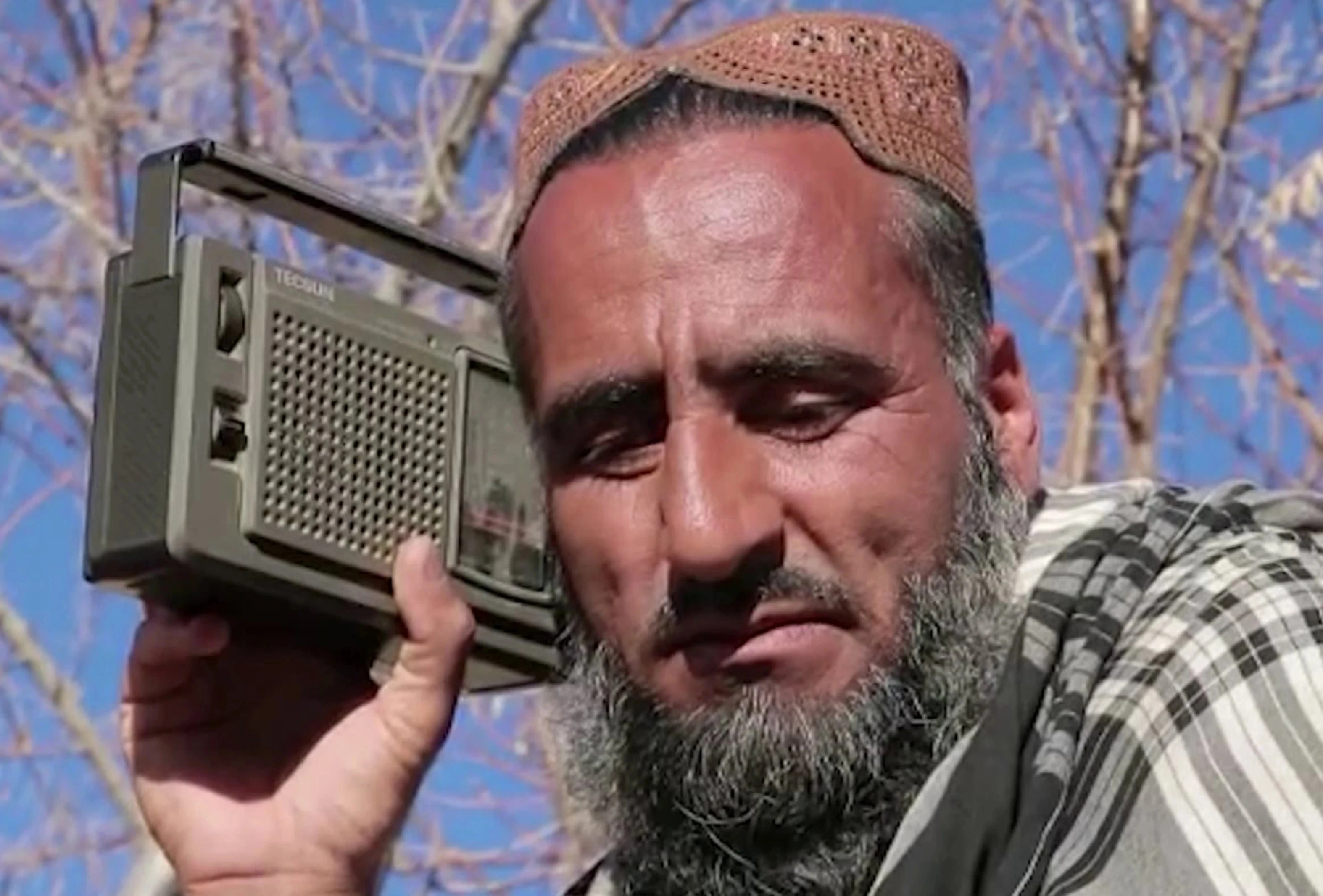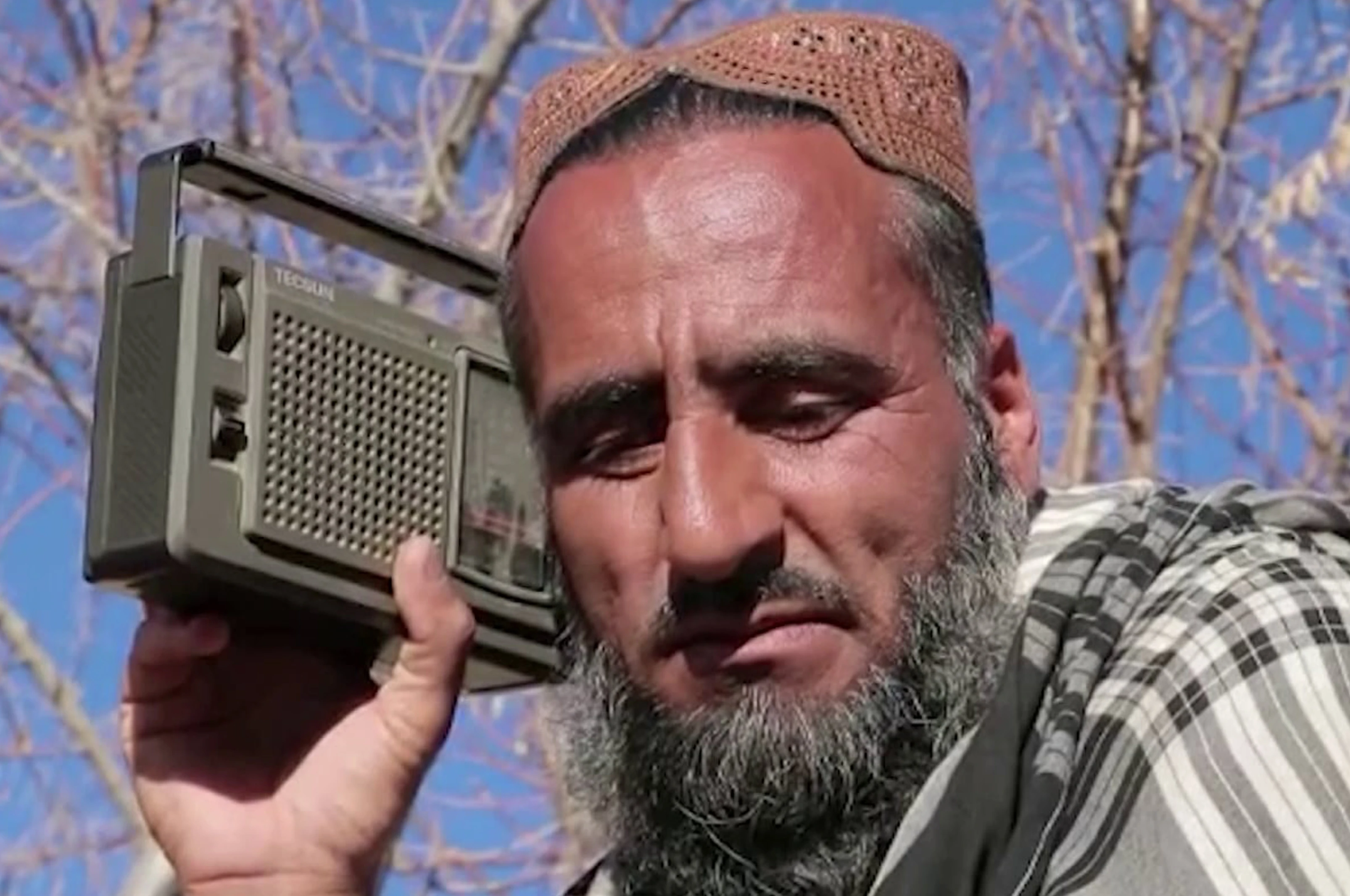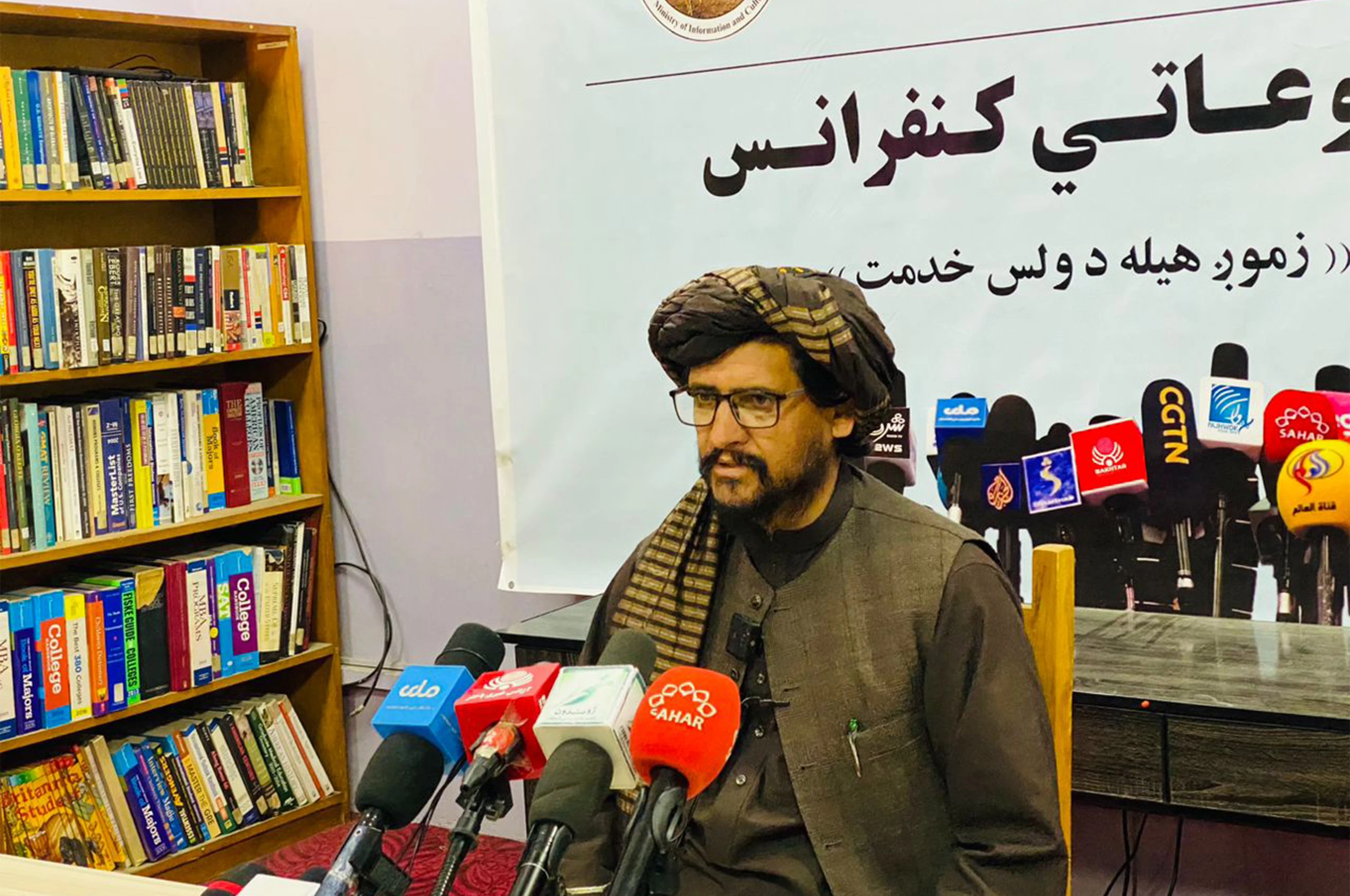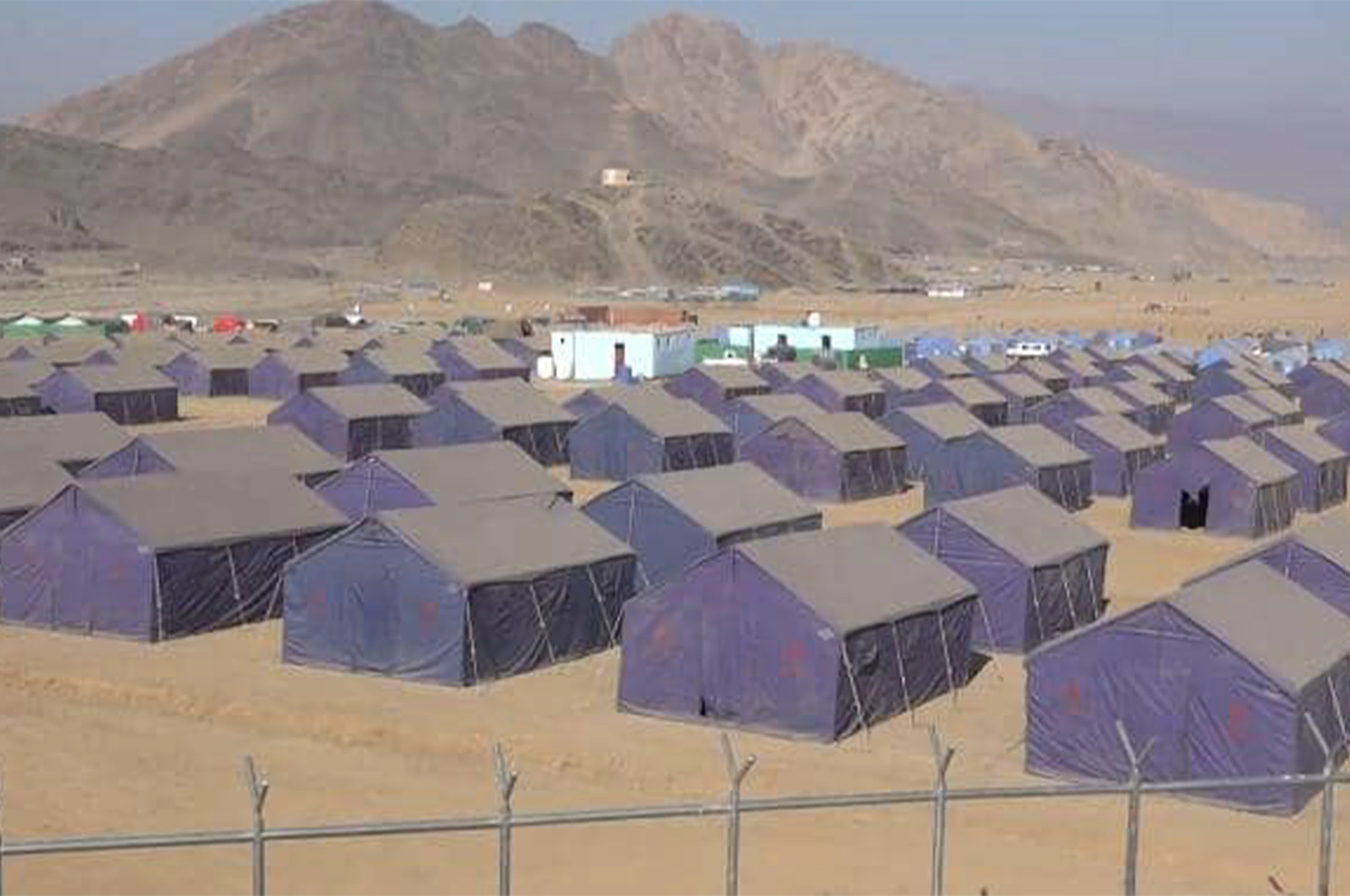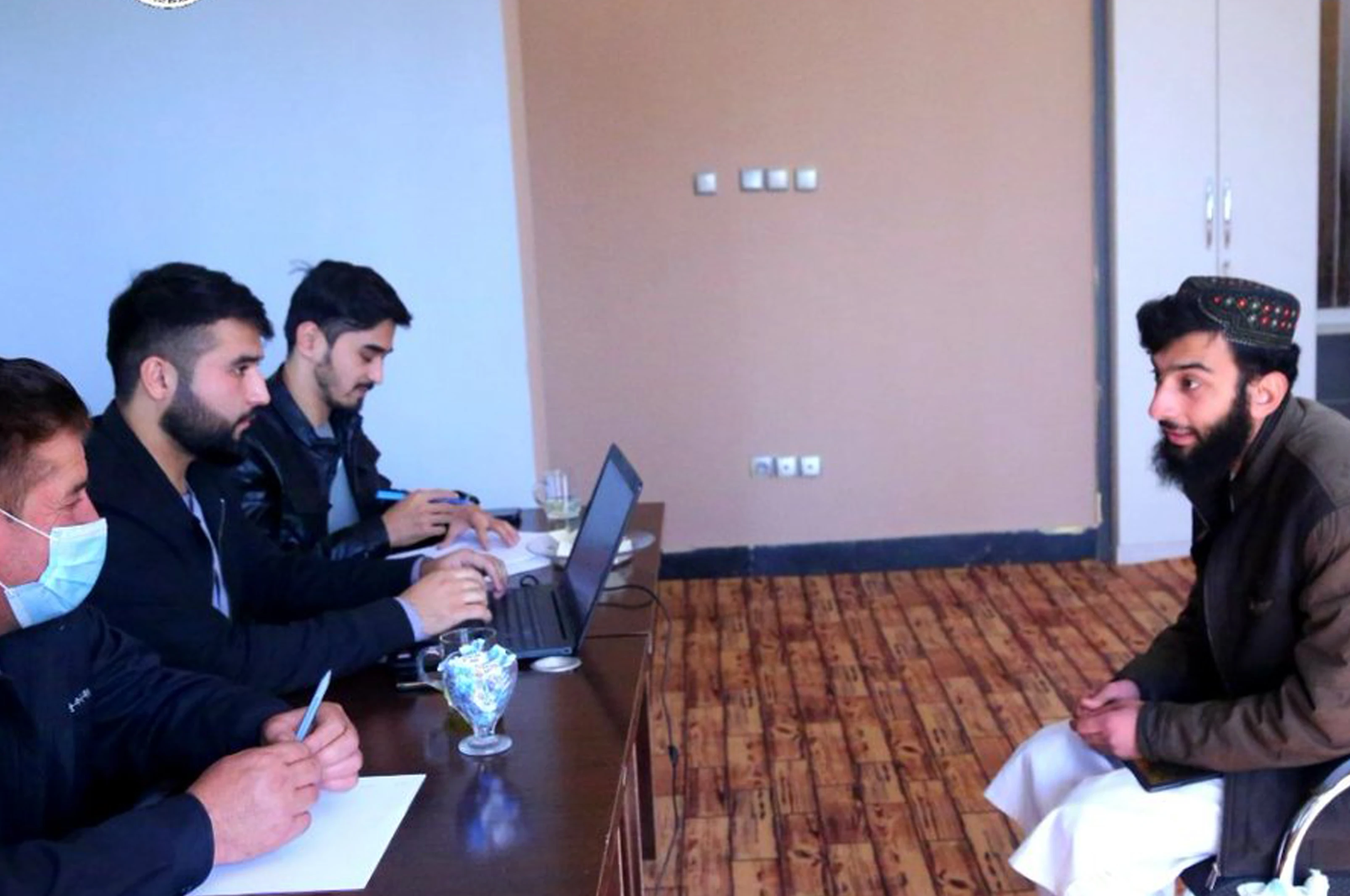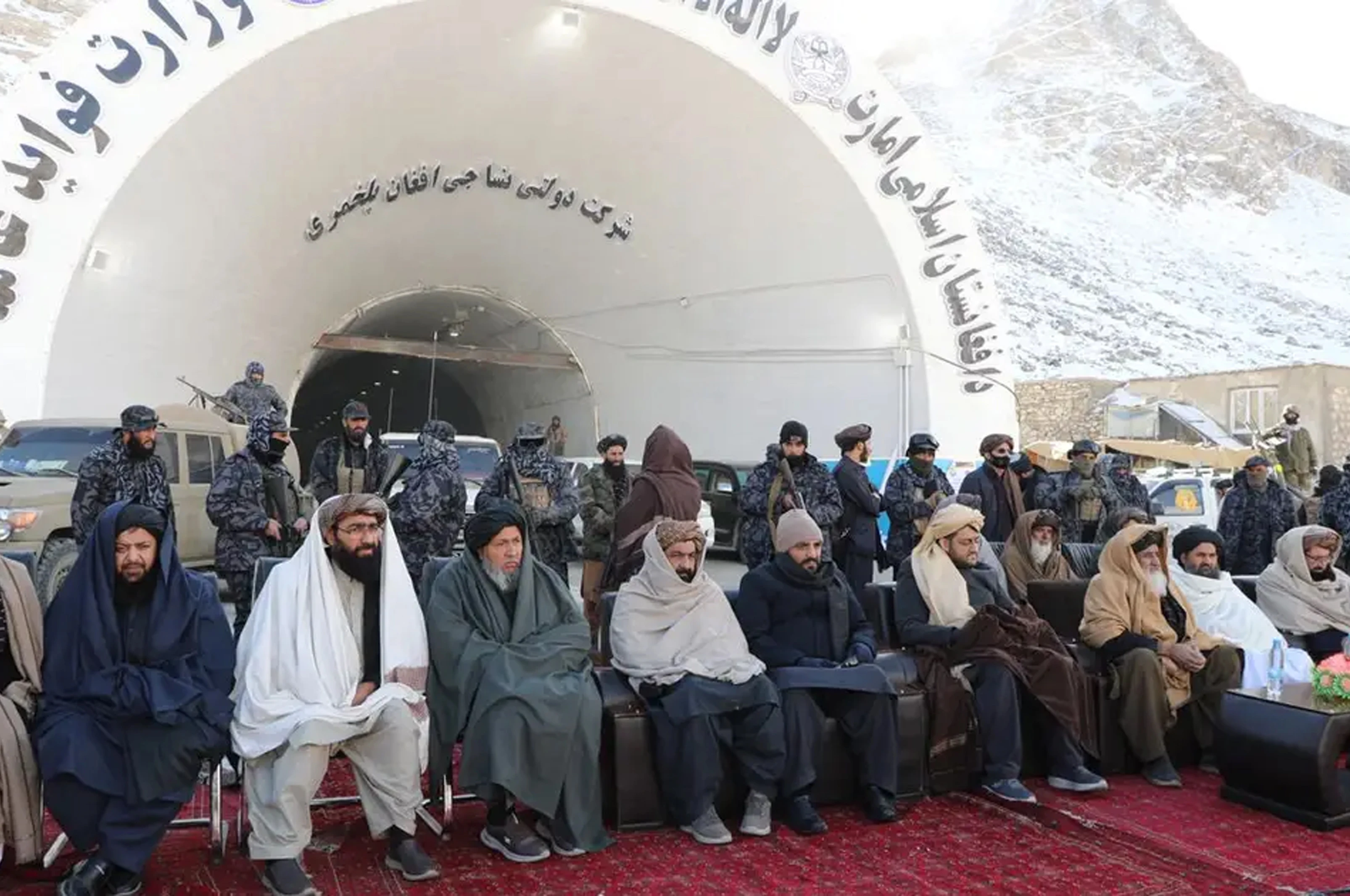International Radio Day and its impacts on the lives of Afghans
February 13th, the world celebrated International Radio Day, including Afghanistan.
On this occasion, the Ministry of Information and Culture announced that there are currently 280 operational radio stations throughout the country.
Moulvi Mohajer Farahi, the Minister of Broadcasting at the Ministry of Information and Culture, highlighted the significance of radio in fostering unity among tribes. In his message for this day, he urged media officials to fulfill their mission and responsibility towards the people effectively.
Radio, known as a cost-effective medium, has garnered a large following in remote areas of Afghanistan for over a century.
In 2011, UNESCO, the United Nations Cultural Department, designated February 13th as International Radio Day.
Establishment of radio in Afghanistan:
Radio operations commenced in Afghanistan approximately 100 years ago, during the reign of Amanullah Khan in 1307. In 1304, Amanullah Khan sent an engineer named Attaullah to Germany for studying radio operations and other technical fields.
After completing his training in Germany, Attaullah returned to Kabul along with several German engineers and two radio sets. Following several months of collaborative work by German and Afghan engineers, the installation of the transmitter was completed. Kabul Radio began broadcasting on 360 meters, utilizing a small 200-watt transmitter located in a small building.
The impact of radio on the lives of Afghans:
Radio continues to play a crucial role in providing information and raising public awareness among the people of Afghanistan. It remains one of the most popular media platforms among Afghans.
Today, farmers listen to the radio while working in their fields, enabling them to stay informed about important national and global events, education and training opportunities, health updates, and various social issues.
Radio broadcasts encompass political, economic, social, and entertainment content, catering to different sections of the population with their own distinct audiences.
As a freely accessible medium, radio has become a need in every household, with notable effects observed in radio schools, drug prevention programs, as well as political and economic initiatives, each of which has made a significant impact.
Radio possesses the unique ability to engage the human mind, as listeners have the freedom to tune in or switch off at their convenience. This voluntary engagement fosters a deeper connection and receptiveness among the audience.
According to the World Web Index, 12 percent of people use television, 12 percent rely on radio, 12 percent access online press, 28 percent engage with social media, 13 percent utilize micro-blogging platforms, and 9 percent follow vlogs.

